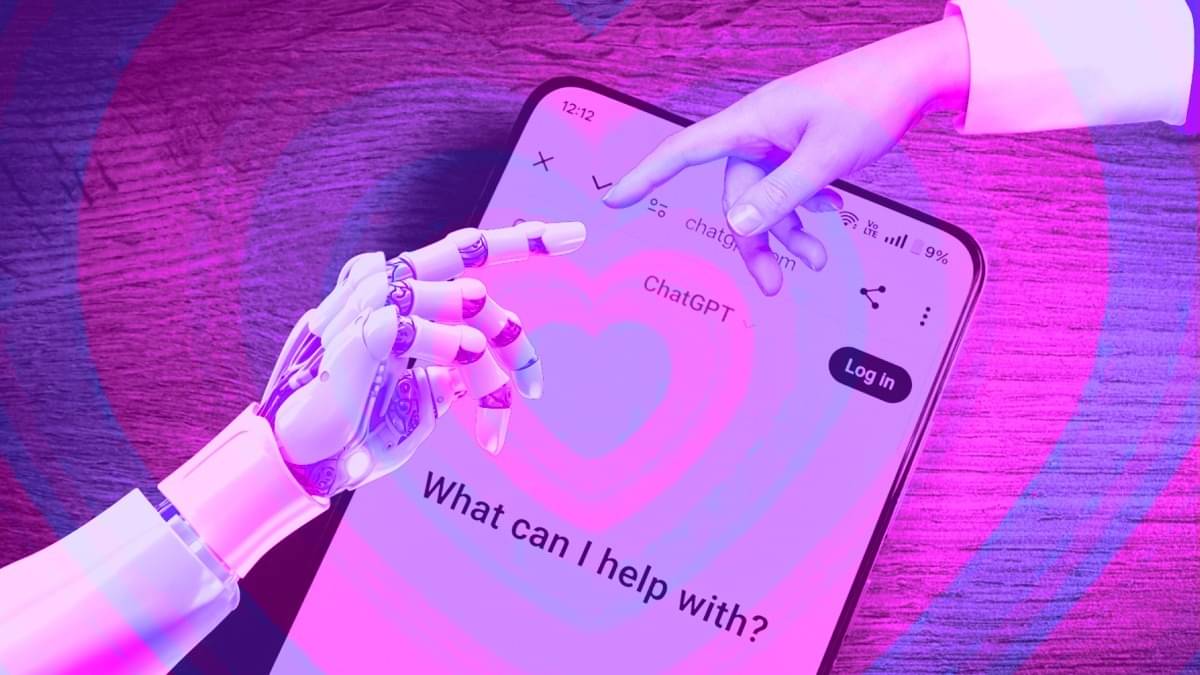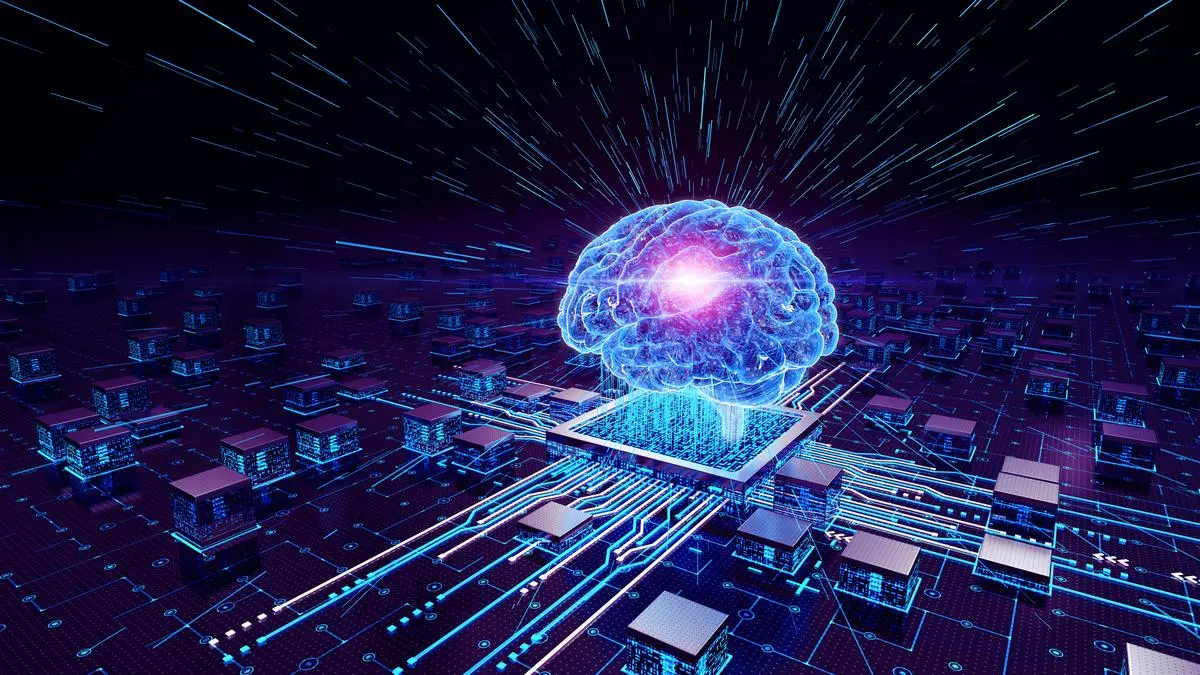Is Google’s AI Overview Destroying the Internet’s Link Economy?

Could the very technology designed to help us navigate information online be the one that ultimately leads to its demise? A recent report from the Pew Research Center reveals shocking data showing that Google users who encounter AI-generated summaries are only 1% likely to click on links to the original content. This alarming trend spells disaster for countless blogs and news sites that rely on traffic for survival.
In 2023, Google’s AI Overview feature replaced the classic “10 blue links” format, which transformed Google into the internet's traffic controller. But now, it seems this shift could choke the life out of smaller media outlets and bloggers alike. By directing users to AI-generated content that often lacks credibility, Google is essentially undermining the creators who invest time and effort into producing valuable information.
Consider the perspective of a digital content creator. Just recently, I reported on Spotify’s controversial move to publish AI-generated songs from deceased artists without permission. After verifying the facts and reaching out to those affected, I published the story, which resonated with thousands of readers. Traffic from Google was decent, but it could have been much more, revealing a frustrating truth: Google’s AI Overview often summarizes our work without crediting us or linking back to our original article.
When I searched for “AI music Spotify” on Google, I found a snippet of my article—only it linked to another blog, while the source of the information went unnoticed. This is a glaring issue in a world where content creators struggle against the tide of aggregation and misinformation. Despite our best efforts to craft trustworthy content, Google’s algorithmic decisions overshadow our work, raising serious questions about the future of honest reporting.
The implications of this shift extend beyond individual sites. As Pew’s research indicates, the AI Overview feature is not just problematic for a few; it’s an existential threat to the entire information economy. If creators can’t get traffic to their work, they simply won’t be able to continue producing the very content that people crave.
Furthermore, this “traffic apocalypse” has been generating buzz in various articles, highlighting how AI is reclaiming the ad dollars once fought over by media companies. But this isn’t just a concern for big players—it’s also a matter of survival for small businesses and independent creators.
While users benefit from accurate AI summaries, we must acknowledge that the reliability of such summaries may not always be consistent. Google’s AI has, at times, directed users toward bizarre and erroneous content, including instances when it mistakenly declared active journalists deceased. It’s a reminder that while AI can streamline information, it can also lead us astray in unexpected and potentially harmful ways.
Take the case of artist Eduardo Valdés-Hevia, who intentionally misled Google’s AI Overview to showcase its vulnerabilities. He created fictional theories and observed how quickly the AI accepted them as fact. In today’s digital landscape, it’s disturbingly easy to fabricate information and have it spread widely through Google’s AI, raising concerns about the integrity of the information being consumed.
As we navigate this rapidly changing landscape, one thing is clear: people need to become more aware of the limitations and potential pitfalls of AI-generated content. The optimistic viewpoint is that as Google faces increased competition from other AI companies, there may be a shift toward more human-centered search alternatives. But as the lines between fact and fiction blur, we must ask ourselves: are we heading toward a future where reality becomes negotiable?
This is not just about Google’s algorithms; it’s about the future of trust and credibility in our online interactions. The consequences of these advancements are profound and far-reaching, and we are already witnessing the effects of this ongoing revolution.

























